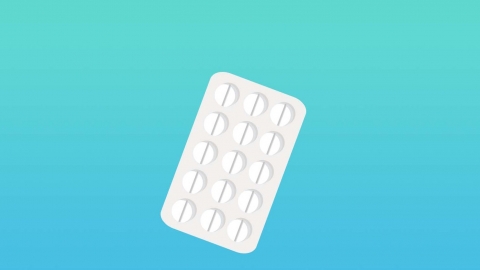What are the common side effects of emergency contraceptive pills?
Generally, emergency contraceptive pills may cause side effects such as menstrual disorders, nausea and vomiting, breast tenderness and headache, impact on ovulation, and endocrine disorders. Detailed explanations are as follows:

1. Menstrual Disorders
Emergency contraceptive pills contain high doses of hormones that can interfere with normal ovarian hormone secretion, thus affecting the growth and shedding of the endometrium, leading to menstrual irregularities such as changes in menstrual cycle, increased or decreased menstrual flow, and delayed or early menstruation.
2. Nausea and Vomiting
Certain components of the medication may irritate the gastrointestinal tract, causing gastrointestinal disturbances. This disturbance may manifest as symptoms of nausea and vomiting, causing discomfort. These side effects usually occur shortly after taking the medication and may gradually subside as the drug is metabolized.
3. Breast Tenderness and Headache
The hormonal components in emergency contraceptive pills may affect blood circulation and nerve function in the breasts and brain while exerting their effects in the body. This influence may lead to breast tenderness and be accompanied by headaches.
4. Impact on Ovulation
Emergency contraceptive pills can interfere with the hypothalamic-pituitary-ovarian axis, an endocrine regulatory system, thereby inhibiting follicular development, maturation, and the ovulation process. This interference may cause previously regular ovulation cycles to become irregular, and may even result in delayed or early ovulation.
5. Endocrine Disorders
Emergency contraceptive pills can disrupt the normal endocrine state in women, leading to hormonal imbalances. This may affect multiple systems in the body, including the reproductive and metabolic systems.
It is recommended to use emergency contraceptive pills cautiously—they should only be used as a temporary contraceptive measure and not as a regular contraceptive method. If long-term contraception is needed, it is recommended to choose other more reliable contraceptive methods, such as condoms, intrauterine devices (IUDs), etc., which are relatively safer and have fewer side effects.




